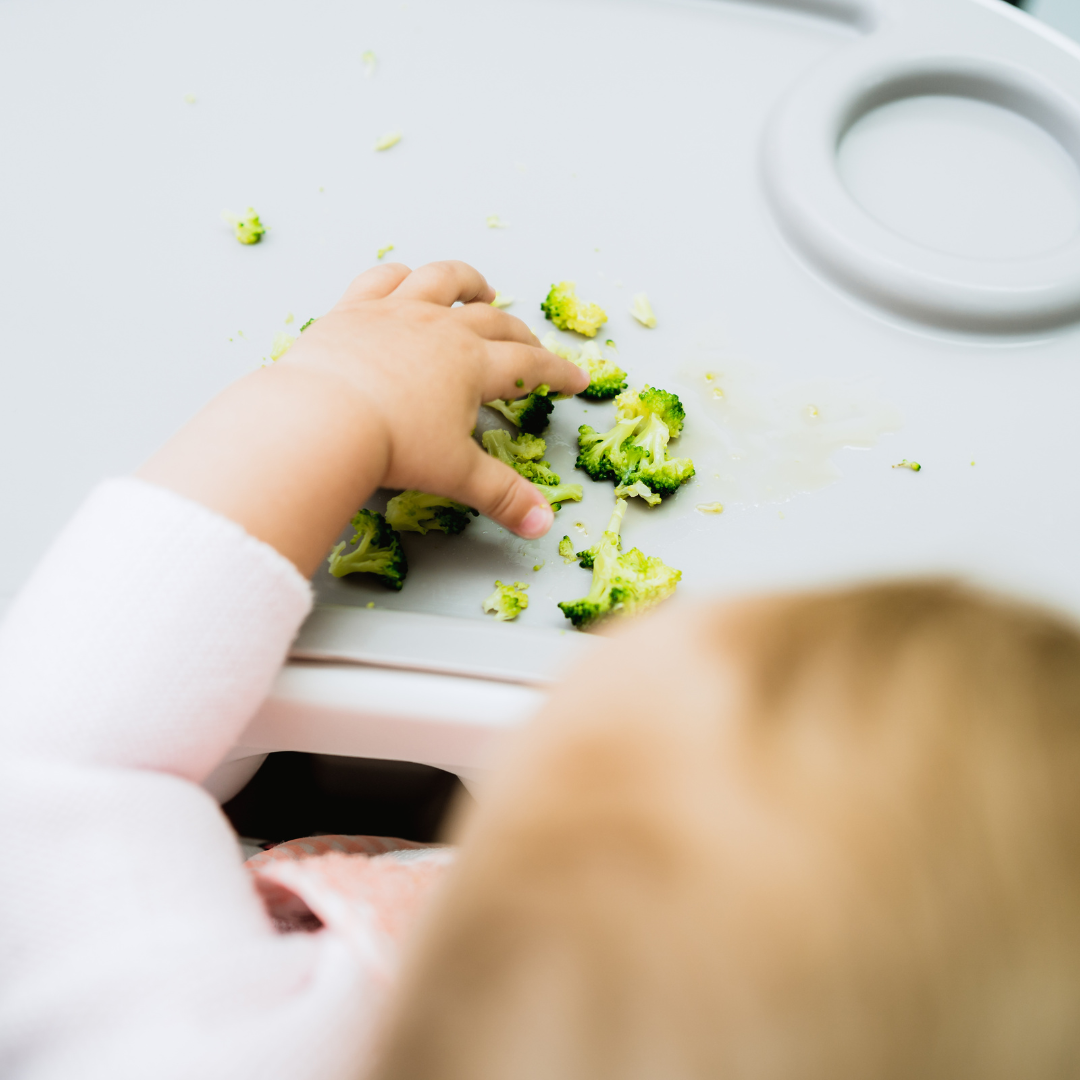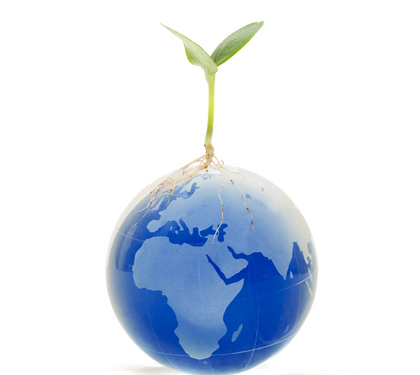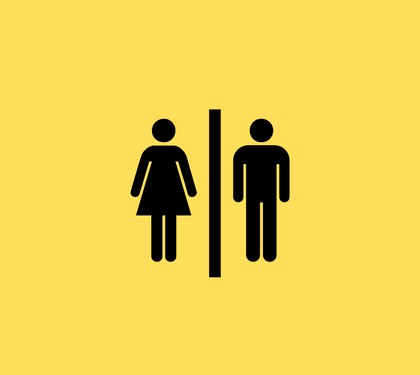Weaning is an important milestone in a baby's life, marking the transition from breast milk or formula to solid foods. As parents, we want to provide the best nutrition for our little ones while also considering the environmental impact of our choices. Fortunately, eco-friendly weaning is not only possible but also relatively simple with some thoughtful planning and conscious decisions. In this article, we'll explore ten top tips for eco-friendly weaning, ensuring that we nurture both our babies and the planet.
-
Opt for Homemade Baby Food: One of the easiest ways to reduce waste and promote sustainability in your baby's diet is by making homemade baby food. Instead of relying on pre-packaged jars or pouches, which often come with excess packaging and preservatives, prepare fresh fruits, vegetables, and grains at home. Not only does this give you control over the ingredients, but it also minimizes the carbon footprint associated with transportation and processing.
-
Choose Organic and Locally Sourced Ingredients: When selecting ingredients for your homemade baby food, prioritise organic and locally sourced options whenever possible. Organic farming practices minimise the use of synthetic pesticides and fertilisers, reducing harm to the environment and promoting soil health. Additionally, choosing local produce supports small-scale farmers and reduces the carbon emissions associated with long-distance transportation.
-
Invest in Reusable Feeding Accessories: Say goodbye to single-use plastic feeding accessories and opt for reusable alternatives instead. Look for eco-friendly options such as silicone bibs, bamboo utensils, and stainless steel food containers. These durable products not only reduce waste but also minimise exposure to harmful chemicals found in plastic.
-
Embrace Baby-Led Weaning: Baby-led weaning is a feeding approach that allows babies to self-feed finger foods from the start, promoting independence and motor skills development. This method eliminates the need for purees and processed baby foods, reducing packaging waste and encouraging healthy eating habits from an early age.
-
Repurpose Leftover Food Scraps: Rather than tossing food scraps into the bin, get creative with repurposing leftovers into new meals or snacks for your baby. For example, leftover steamed vegetables can be blended into a nutritious soup or added to homemade muffins. By minimising food waste, you're not only saving money but also reducing methane emissions from decomposing organic matter in landfills.
-
Say No to Single-Use Plastics: Avoid single-use plastic packaging whenever possible by purchasing bulk ingredients and storing them in reusable containers. When dining out or traveling, bring along eco-friendly alternatives such as silicone snack bags or stainless steel containers for storing homemade baby food.
-
Compost Food Waste: If you're unable to repurpose food scraps, consider composting them instead. Composting is a natural process that breaks down organic matter into nutrient-rich soil, which can be used to nourish plants in your garden or potted herbs on your windowsill. By composting food waste, you're diverting it from landfills and closing the loop on the nutrient cycle.
-
Introduce Sustainable Protein Sources: As your baby's diet expands to include protein-rich foods, consider incorporating sustainable options such as legumes, tofu, and eggs from ethically raised chickens. These plant-based and animal-derived protein sources have a lower environmental footprint compared to conventional meats, which often require significant resources for production and contribute to deforestation and greenhouse gas emissions.
-
Reduce Single-Use Wipes: Weaning is a messy time. For messy mealtimes, opt for reusable baby wipes such as Little Gubbins instead of disposable alternatives. Reusable baby wipes not only reduce waste but also minimise exposure to harsh chemicals found in disposable wipes, promoting healthier skin for your baby.
-
Foster an Eco-Friendly Mindset: Lastly, instill eco-friendly values in your child by involving them in sustainable practices from a young age. Teach them the importance of conserving resources, reducing waste, and respecting the environment through hands-on experiences such as gardening, recycling, and nature walks. By raising environmentally conscious children, you're nurturing future stewards of the planet
Weaning is a significant journey for both babies and parents, and by incorporating eco-friendly practices into this process, we can nourish our little ones while also protecting the planet for generations to come. From homemade baby food to reusable feeding accessories and sustainable protein sources, there are numerous ways to embrace eco-friendly weaning in our daily lives. By making mindful choices and fostering an eco-friendly mindset, we can raise healthy, happy babies while minimizing our environmental footprint.



